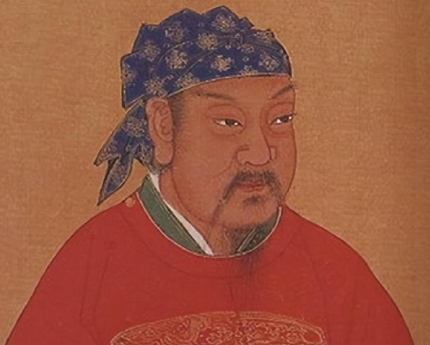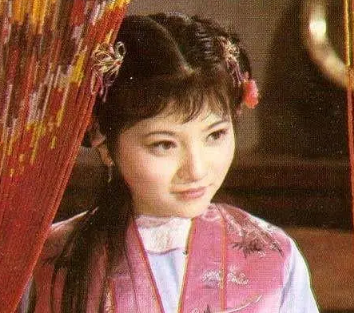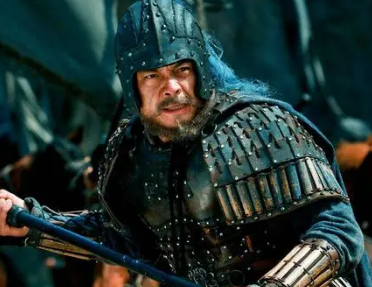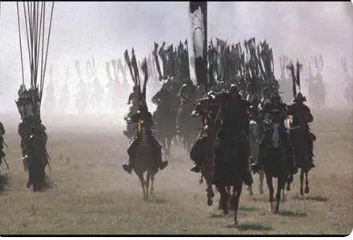During the Three Kingdoms period, Liu Shan, the emperor of Shu Han, chose to surrender at the critical moment of the country's demise. Surprisingly, Sima Zhao, the powerful minister of the receiving Wei state, did not execute Liu Shan but instead granted him the title of "Anle Duke" to enjoy his later years peacefully. The reasons behind this decision deserve further exploration.

Firstly, Sima Zhao's choice not to kill Liu Shan demonstrated his tolerance and political wisdom. Under the circumstances at that time, Shu Han was already powerless to resist, and Liu Shan's surrender saved a significant amount of war resources and time for the Wei army. Sima Zhao realized that by treating Liu Shan leniently, he could showcase his benevolence, win over more people's hearts, and lay the foundation for further consolidating his power.
Secondly, Sima Zhao's treatment of Liu Shan also reflected his policy towards surrendered generals. In Chinese history, many rulers tended to adopt lenient treatment towards surrendered enemies to demonstrate their chest and temperament. This approach helped stabilize the political situation, appease people's hearts, and also set an example for similar situations that might arise in the future.
Moreover, Sima Zhao's lenient treatment towards Liu Shan was also to maintain his own reputation. In the Three Kingdoms period, reputation was crucial for rulers. By treating Liu Shan leniently, Sima Zhao showed his benevolence and generosity to the world, winning himself a good reputation. This played a positive role in his later usurping the throne and establishing the Jin dynasty.
In conclusion, Sima Zhao's choice not to kill Liu Shan after his surrender was primarily based on political considerations. This decision not only demonstrated his tolerance and political wisdom but also won him the hearts and reputation of the people. At the same time, it also conformed to the traditional policy of treating surrendered generals, contributing to maintaining the stability and development of the country.
Disclaimer: The above content is sourced from the internet and the copyright belongs to the original author. If there is any infringement of your original copyright, please inform us and we will delete the relevant content as soon as possible.































